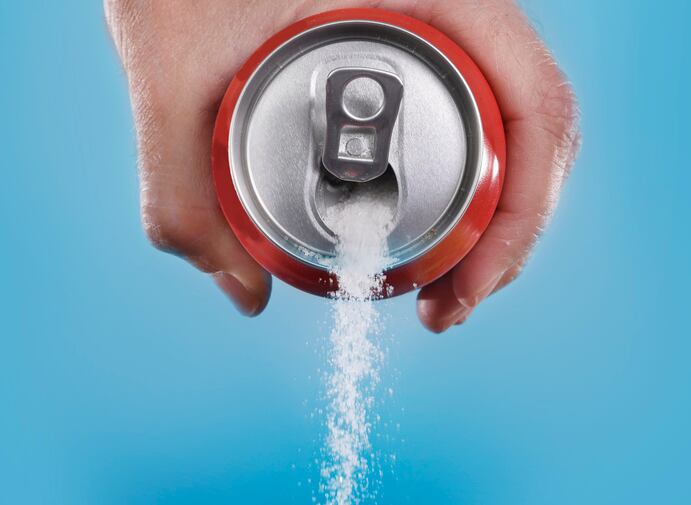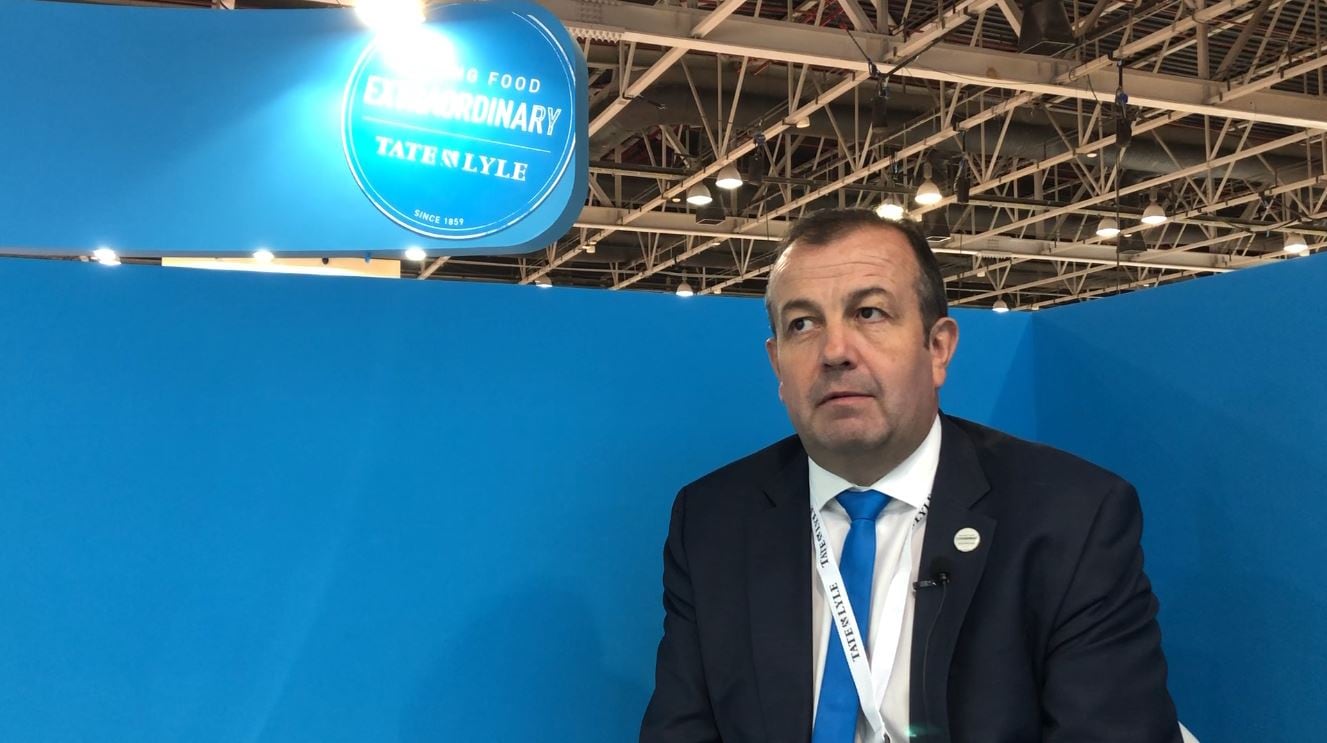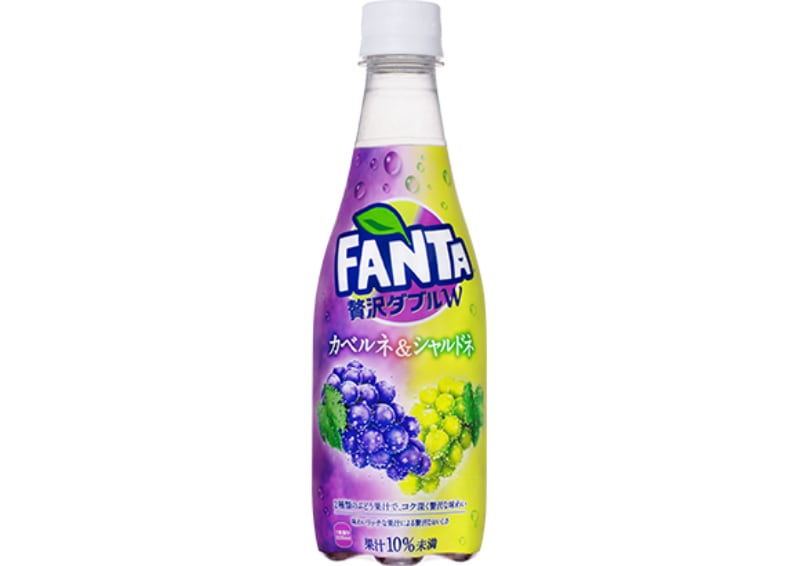The budget was presented by the Minister of Economy, Finance and Administration Reform early November, where the internal consumption tax (ICT) was featured in article five of the 2020 finance bill.
A VAT of MAD 10 to 15 (US$1-1.55) per 100L will be taxed on sodas and non-carbonated drinks containing 10% fruit juice, as well as lemonade containing more than 6% lemon juice.
For beverages containing 5g of sugar or less per 100ml, the VAT would be MAD 30 (US$3) per 100L. For beverages containing 5 to 10g per 100ml, they would garner a tax of MAD 37.50 (US$3.88) per 100L. Drinks with sugar above 10g per 100mL would receive a tax of MAD 45 (US$4.66) per 100L.
According to Mostapha Brahimi, chairman of the sector committee in the House of Representatives, the Justice and Development Party (PJD) hopes to raise the rates to MAD 45, 50, and 55, respectively, as reported by Morocco World News.
The plan was to introduce ICTs on all sweet products over time, including dairy products such as yoghurt and cream cheese.
Cancelled tax
The government last year cancelled the proposed VAT increase on soft drinks and non-carbonated drinks containing high sugar levels.
A VAT of MAD 70 (US$7.25) per 100L was meant to be applied on drinks containing 5 or more grams of sugar per 100mL.
However, after opposition from soft drinks manufacturers, the VAT plan was scrapped.
The finance bill 2020 will allocate MAD 13.6 billion (US$1.4bn) for subsidies of sugar, semolina and cooking gas, down from MAD 18 billion (US$1.8bn) this year.
Soft drink manufacturers will be the biggest beneficiaries from the state subsidy on sugar.
Effects of sugar on public health
According to the World Health Organisation, the rate of obesity in Morocco is 20%, while 53% of the country is overweight.
According to findings reported from the country’s National Noncommunicable Disease Risk Factor Survey, over two million people in Morocco suffer from diabetes (10%) and high blood pressure (29%). This has put pressure on the government and industry to reduce the effects of sugar on public health, and try to control and prevent these non-communicable diseases.
The government currently allocates more than 50% of its budget to diabetes and chronic diseases.
It hopes the increased tax may help consumers reduce soft drink and juice consumption as well as help manufacturers revise their sugar quantity in drinks.
In nearby countries, Saudi Arabia, United Arab Emirates, Bahrain, Qatar and Oman have implemented a 50% tax on soft drinks, and a 100% tax on energy drinks.




